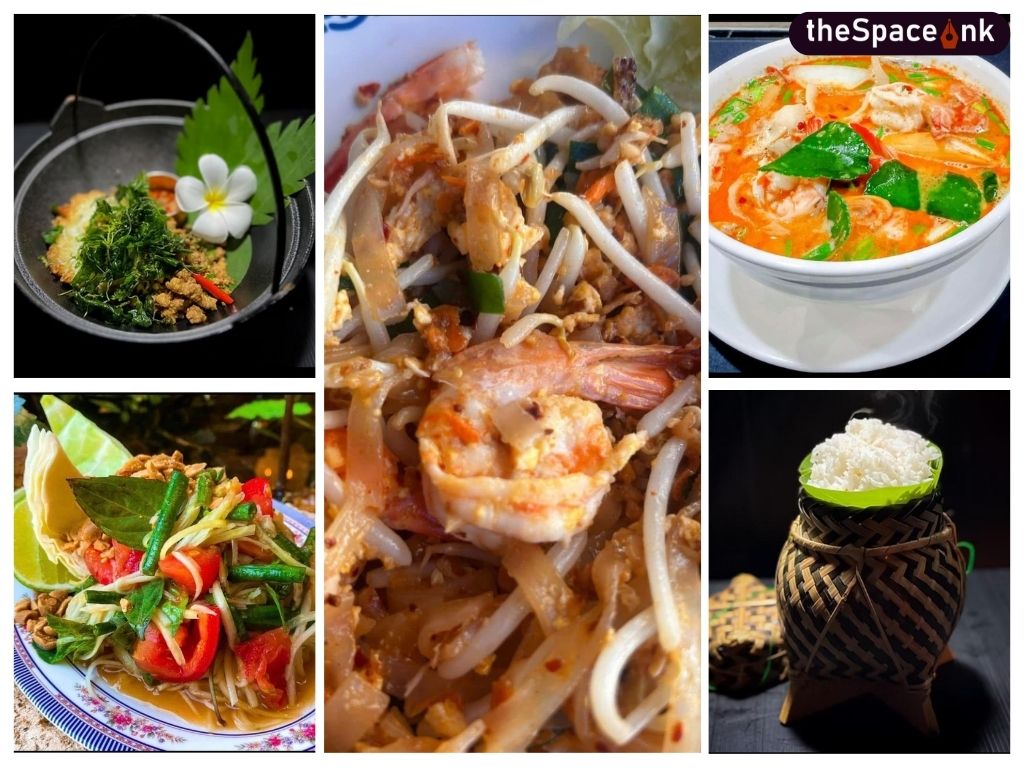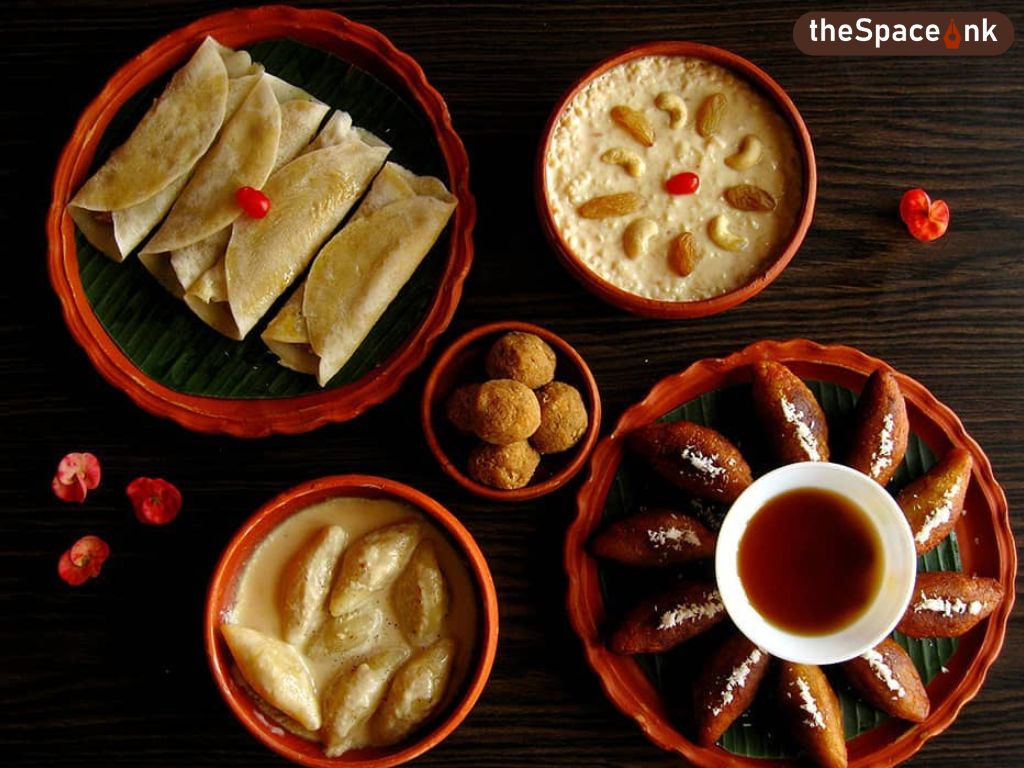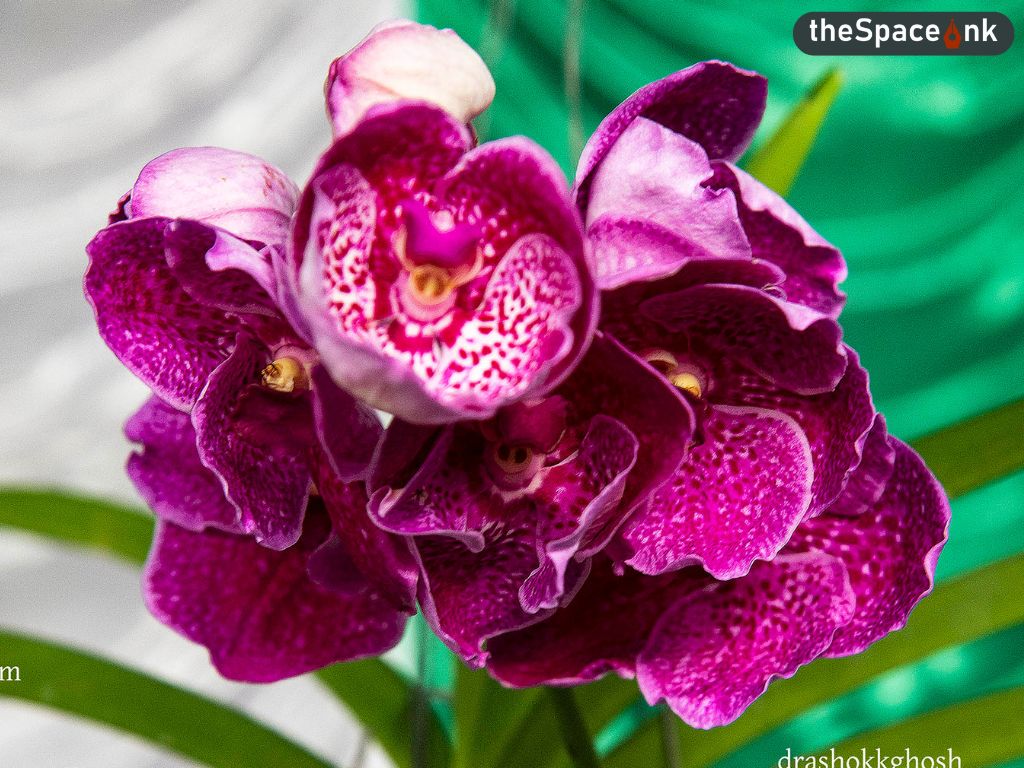After two years of life that felt almost stagnant, once again we’re back to the hustle culture which celebrates high performers. In our current society speed is a measure of success and productivity, albeit mistaken. No wonder overworking oneself has become the norm. So much so that an individual is made to feel guilty and irrelevant if they don’t adhere to this culture. And from food, daily essentials to sports and entertainment, everyone is scrambling over one another to satiate the consumers’ desire for instant services by being the fastest service provider and the most prolific entertainer. Virat Kohli appears to be the latest casualty of the pressure that today’s sports persons experience. Ex-India cricket coach Ravi Shastri called him ‘overcooked’, and suggested that a short break from cricket could restore his flagging form.
The constant pressure to remain active whether it’s in a career, or simply just to keep up with the Joneses can be exhausting, emotionally draining, overwhelming and end in an eventual burnout. Similar to what the Japanese refer to as ‘karoshi, which means death by job exhaustion. In making an argument for the need for speed for better productivity, one cannot ignore how counterproductive this theory actually is since burnout results in low motivation and lack of energy that eventually compromises on work productivity. In an article published on the Time website, Eve Ekman who is the director of training at The University of California’s Greater Good Science centre, advocated the theory of slowing down as an antidote to burnout, stress and bad mental health, all a result of our obsession with constant pace. Other potential health benefits of slowing down being reduction in anxiety and better immunity.
The brain needs time to process information. Mental downtime is a must to remain industrious. While slowing down is slowly gaining popularity as an alternative response that allows the mind and body time to cope and heal, the idea to slow down in a world hung up on pace can still make us question our sensibilities. But there’s enough studies to corroborate the fact that slowing down indeed is a way to greater clarity of thought, better decision making and increased productivity. If that isn’t enough encouragement, Arthur P. Ciaramicoli, clinical psychologist and author of the book titled, The Stress Solution: Using Empathy and Cognitive Behavioral Therapy to reduce Anxiety and Develop Resilience, believes that slowing down also helps to build empathy.

With enough evidence to show slowing down has multiple health benefits, the real question is how does one put the brakes on a lifestyle that is operating at breakneck speed. Fortunately, there are proven ways one can adopt without causing a major disruption to their lifestyle. Much like ‘niksen,’ the Dutch practice to keep the mind idle and allow it to wander without a purpose – similarly the purpose of slowing down is to allow an individual to delve into the reserves of stillness and quiet space helping them to step back and reflect. While going on a retreat or taking a break from work can be a great place to begin, we need to learn how to practice this in our everyday life, weaving it in our regular habits and activities.
Author Carl Honore in his book titled, ‘In Praise of Slowness’ suggests that individuals should find a balance to live their life, at their own right speed. One can begin with another popular concept of our current lifestyle, ‘multitasking’ that involves rapid switching between tasks. While the mantra is meant to accomplish multiple tasks at one time, scientific research on multitasking has thrown up some discouraging facts, especially studies related to media multitasking has shown it to negatively impact the cognitive control of individuals, with some having difficulty in focusing and paying attention. Instead, focusing on one task at a time with full mindfulness proved to be a better option.
When we choose to eliminate the time urgency we attach to our daily activities be it waking up, going for a leisurely walk in the park, morning tea, or a family meal – these activities become a way to practice slowing down. Same goes for our daily schedule. Instead of packing it with things to do within a stipulated time frame, we can prioritise tasks and let go of those that aren’t important to free ourselves of business that is detrimental to our mental health. Hobbies like gardening and knitting that engage the hands too allows the brain much needed rest.
One of the simplest ways to learn how to slow down, is to follow Ralph Waldo Emerson’s words, when he wrote, ‘Adopt the pace of nature: her secret is patience.’ Observing nature can be kind of cathartic. Nature has its own pace where nothing is rushed or forced. Everything happens in time, and we humans have learnt to accept this truth whether it’s waiting for our favourite season, for flowers and fruit to bloom and blossom or a particular time of the day. Rushing through our days doesn’t guarantee us success nor does it get us to our goal faster. Instead, we are more likely to lose our way in the busy maze. But when we slow down, time seems to lose semblance allowing our mind to settle down providing us the much needed clarity in decision making and a better perspective of life.
Remember W. H. Davies’ poem, Leisure, in which he speaks of how we miss the simple pleasures of life when we are in a rush and how taking out time to be aware of our surrounds, experiencing every moment fully, is not only mentally rejuvenating, it adds meaning to life. When we slow down, we give ourselves a chance to live better!
Images courtesy: Pixabay
Lesley D. Biswas is a freelance writer and children’s author based in Kolkata. Her interests include nature, bird photography and cricket.








